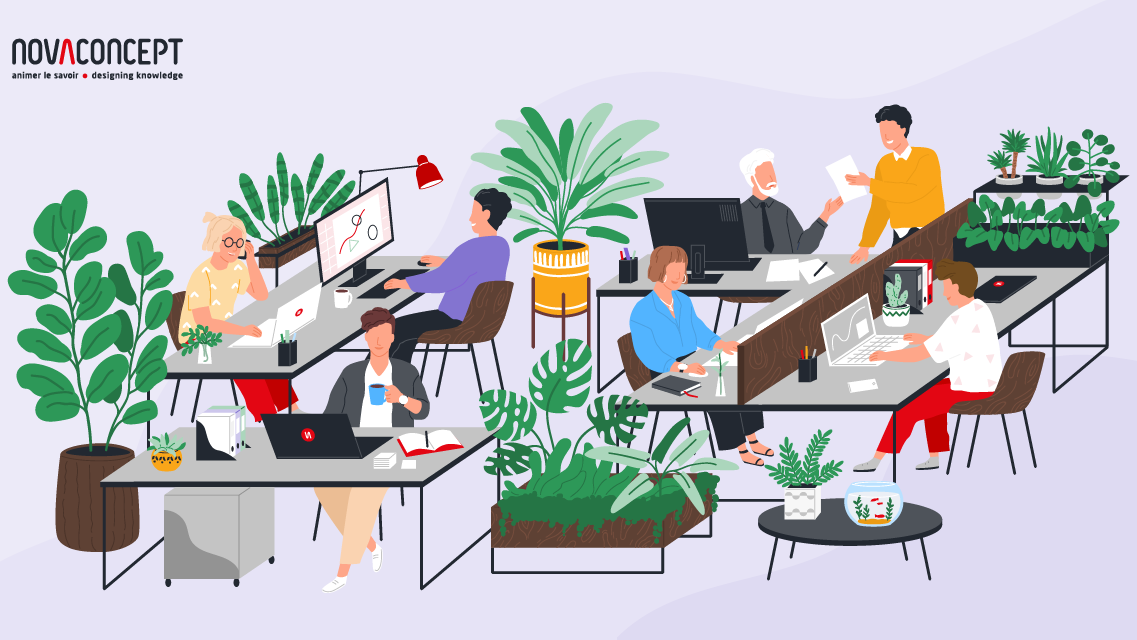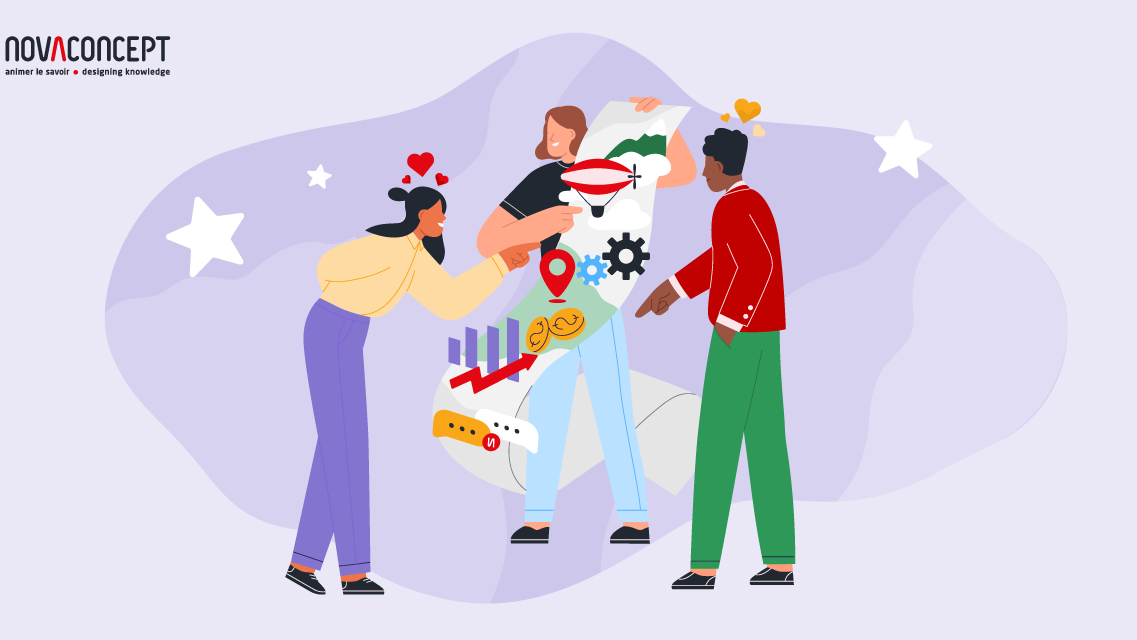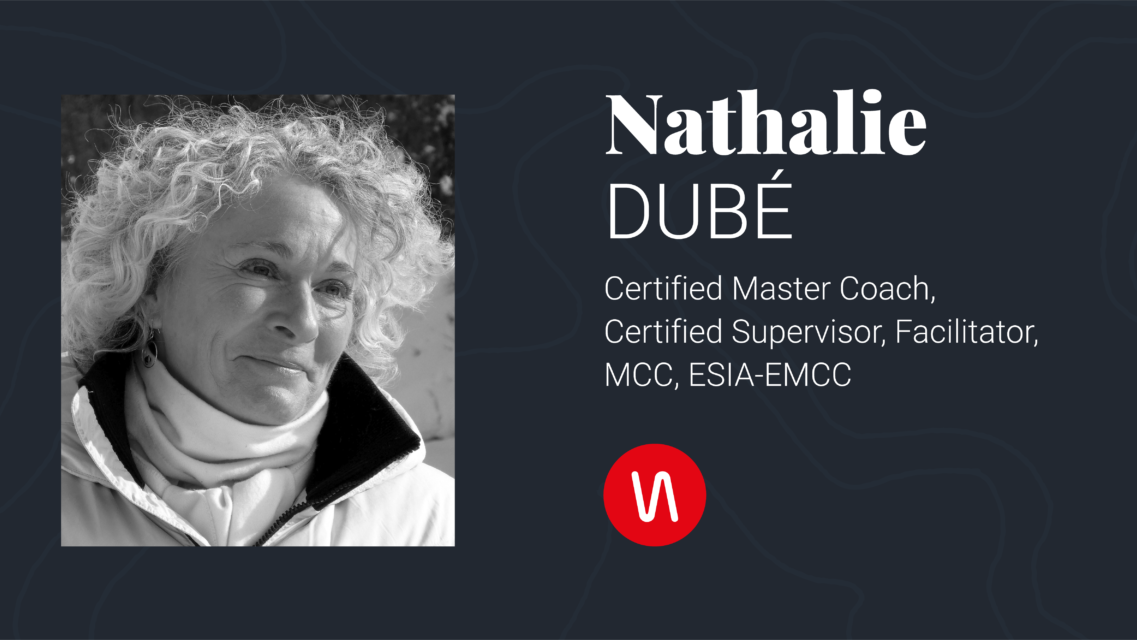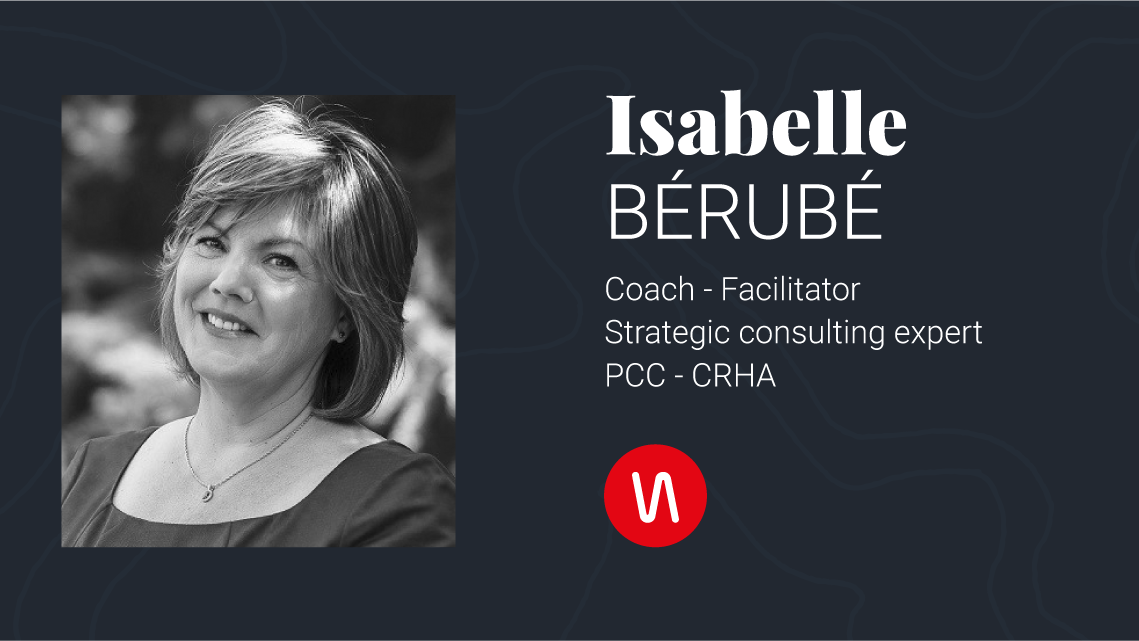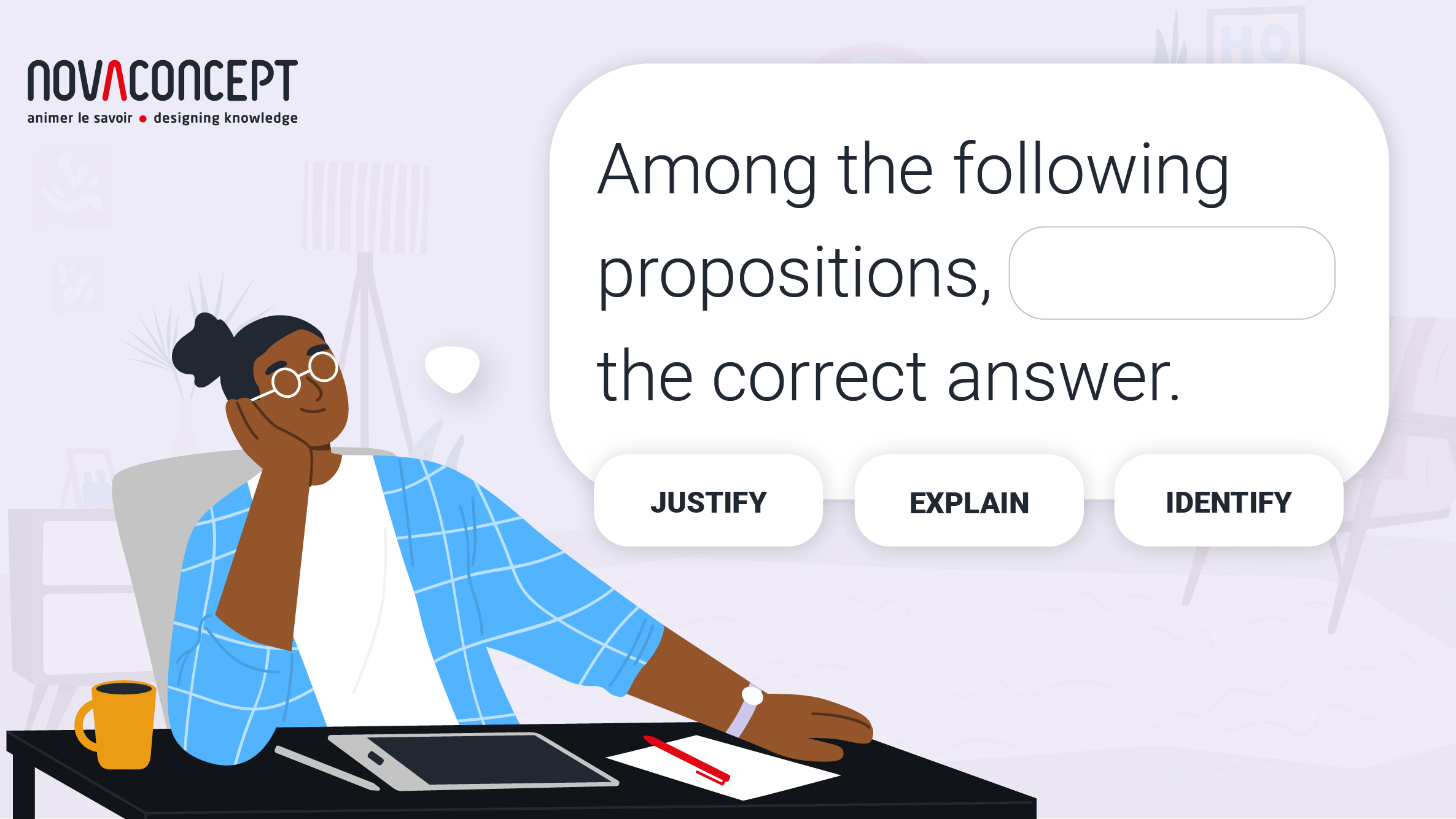Sam sits down with his family to play a new board game in the living room.
Everyone is eager to play, so Sam decides to just skim the rules and start the game. The game seems simple enough, and everyone agrees that it will be faster to read the rules as they play.
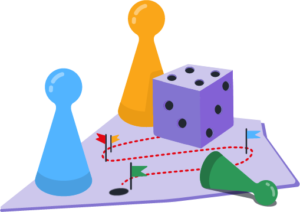
At first, this does indeed allow them to play at a good pace. But before long, the players are overwhelmed by all the information they need to remember and apply, and the game is put on hold. The strategy of jumping right into the game to save time has not paid off.
The group reconsiders its initial approach and concludes that it will be better if everyone reads the rules individually. Each person takes the time to absorb the rules and lets the others know when they are ready to play. When they start playing again, the game goes more smoothly, and few clarifications are required. Some people even manage to introduce a little strategy into their playing. Sam doesn’t win but is still pleased with the outcome, knowing that it will be easier the next time they play.
Types of knowledge
This scenario sheds light on the different kinds of knowledge, which are generally categorized into three types:
- Declarative
- Procedural
- Conditional
These categories can be effectively summarized by asking, “what, how and when?”
In the case of a board game, players acquire declarative knowledge by learning to identify the components of the game (the board, pieces, cards, etc.). Procedural knowledge has to do with the actual flow of the game. Finally, conditional knowledge provides the wider context that is necessary to know when to apply a particular strategy or take a given action.
When viewed in this light, it makes sense to learn the components and flow of the game before tackling the conditional elements. To gain a good understanding of the game, it’s important to learn things in the right order.
The same observations apply to the development of skills and knowledge in the workplace. Using a progressive approach to learning is beneficial. In order to create a meaningful learning experience, it’s often a good idea to use different knowledge transmission methods at different times. If your team members can begin by absorbing the “rules” of the game at their own pace, it will be easier for them to apply their knowledge in a real work context.
This is precisely why e-learning can be beneficial for maximizing subsequent in-person training sessions.
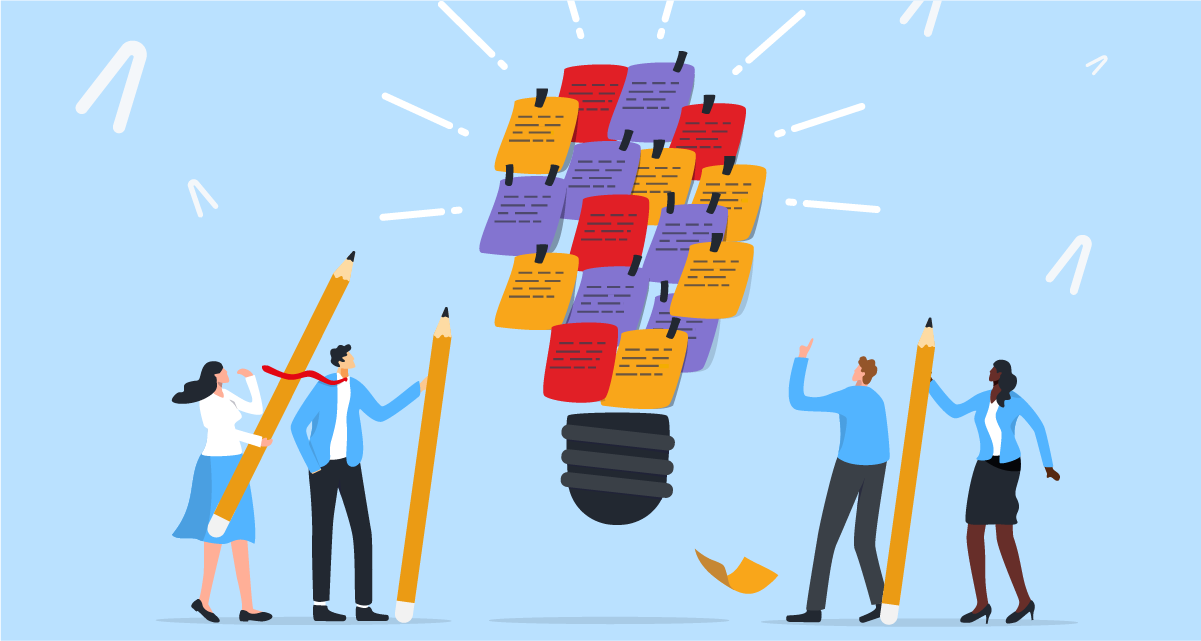
The multimodal approach
Through e-learning modules, each person can learn and test different types of knowledge at their own pace and in a self-directed way. The acquired concepts can then be deepened and put into practice during in-person or synchronous virtual development workshops. When it’s time for the group session, you’ll know that all your team members already share a common knowledge base. This also makes it possible to make more of the time you spend together and go further in turning skills into action.
This strategy is similar to the flipped classroom approach used in teaching. In a flipped classroom, the students’ homework is more focused on theoretical content, while the class time is dedicated to exercising their skills in activities. Why? Because students need more support when practising skills. The teacher is there to clarify instructions, provide perspective, get students to take a step back, and answer questions as they come up. In other words, it’s better to give learners tools for understanding at an early stage in the learning process.
Novaconcept provides synchronous and asynchronous learning experiences. Our wide-ranging multimodal offering (e-learning solutions, development workshops and programmes, coaching, co-development, conferences, etc.) enables us to provide a personalized approach that promotes optimized and integrated skills development.
Contact us!
Don’t hesitate to contact us to find out more about our support solutions.

